By Bimbola Oyesola, [email protected]
Nigeria’s industrialist has expressed that continuous salary increases for the workforce should be seen as a new norm in the country, stressing that it is for the good of the economy.
The Managing Director and Chief Executive Officer of Coleman Wires and Cables Industries Limited, Mr. George Onafowokan, in an interview with Daily Sun Workforce emphasized that “salary increases is a new norm, That’s an economic truth. Spending power will continue to improve in this new normal.”
He reasoned that though foreign exchange, might not seen any meaningful appreciation of the naira might until 2026 or beyond, he expressed optimism.
He argued that “with salaries rebased across the private sector since late 2023, Nigerians’ spending power has begun to stabilize and, in many cases, improve.”
Policy Consistency
Calling for urgent need for policy consistency, long-term planning, and a renewed focus on legacy-building among Nigerian industrialists, Onafowokan warned that without these, the country risks stalling its manufacturing future.
The Coleman boss gave rare insight into Nigeria’s macroeconomic environment, the industrial sector’s struggles, and the company’s survival strategy in the face of volatile government policies and economic headwinds.
He noted that Nigeria is now in a “new normal” era of declining interest rates, after months of aggressive hikes.
“Most central banks do not immediately slash rates. They hold, then hold again, before a drop comes. Now that the signs are here, the market is responding. Nobody’s taking long-term borrowing positions anymore,” he said.
The industrialist said the growing popularity of 90-day commercial papers (CPs), was something virtually unheard of until late 2023.
“Why lock into 270 days when the trend clearly shows interest rates are coming down? It makes more sense to go short-term and re-enter when the rate is lower,” he explained.
From the perspective of infrastructure and manufacturing, Onafowokan said his company, which he likened to a barometer for the economy, has observed marginal increases in project activity, pointing to cautious optimism in the industrial space.
Industrial Growth
On the broader issue of industrial growth and sustainability, the Coleman CEO called for greater support for indigenous entrepreneurs, noting that “eight out of ten” new factory memberships approved during his tenure as chairman of a manufacturing association were non-Nigerian.
“We must be deliberate in growing domestic direct investment. There’s no legacy without it,” he stated.
He warned that Nigeria lacks generational continuity in its industrial businesses. “Tell me 10 companies in the Nigerian industry that are over 50 years old. You can’t find them. Are we only 10 years old as a country?” he asked rhetorically.
Using Coleman as a case study, he recounted how the company survived devastating policy shocks in 2016 by cutting staff by 70% and shifting to a long-term vision anchored in infrastructure investment and energy independence.
Today, Coleman powers its operations with over 25 megawatts of self-generated gas energy—more than any other cable manufacturer in Africa, he claimed.
He emphasized the importance of discipline and delayed gratification in business leadership.
“Discipline is the difference. Foreigners outperform us because they play the long game. They retain profits, reinvest, and delay lifestyle upgrades. That’s what many of us need to learn,” he said.
Onafowokan concluded with a call for mentoring, succession planning, and policy reform. “Nigeria is a viable country. I will create jobs here. But we must build legacy businesses and embed discipline in our industrial culture. That’s how we grow,” he stated.



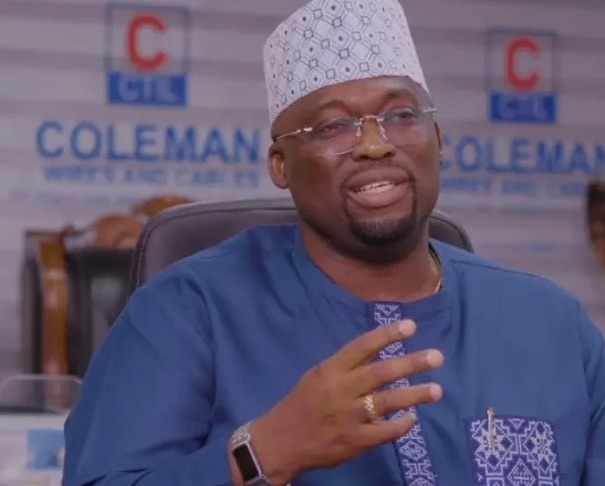



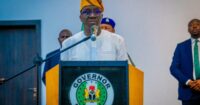
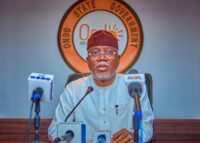
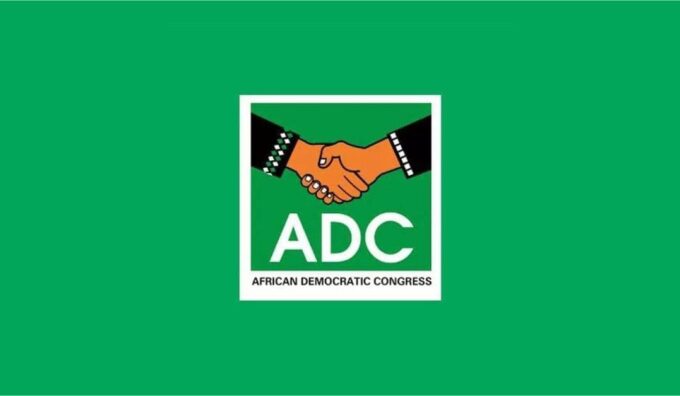

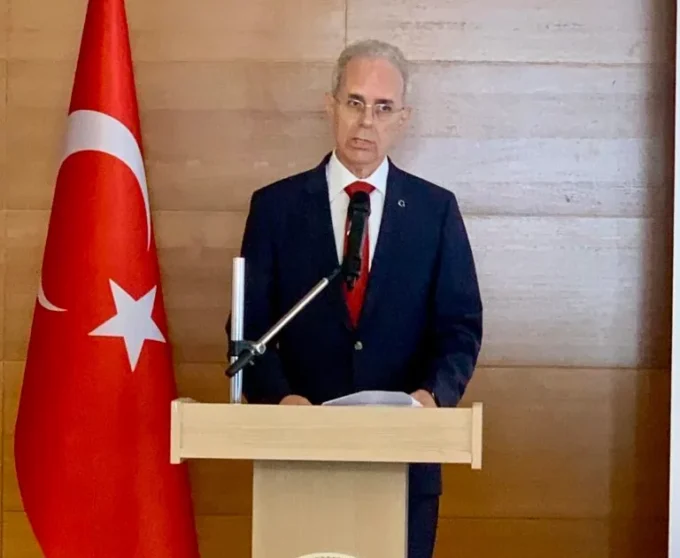





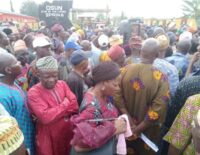
Leave a comment